Menu
Menu
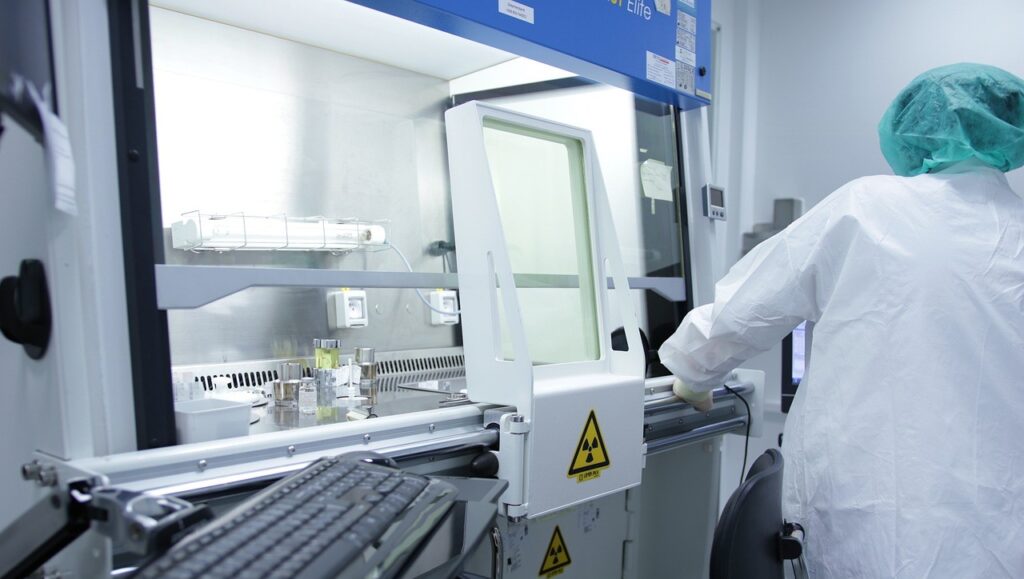
Several medicinal products and supplements are expected to be produced in Uzbekistan based on the Nobel prize-winning herb with Hungarian know-how. Birth of yet another miracle of cooperation, beneficial for the pharmaceutical industry of both countries.
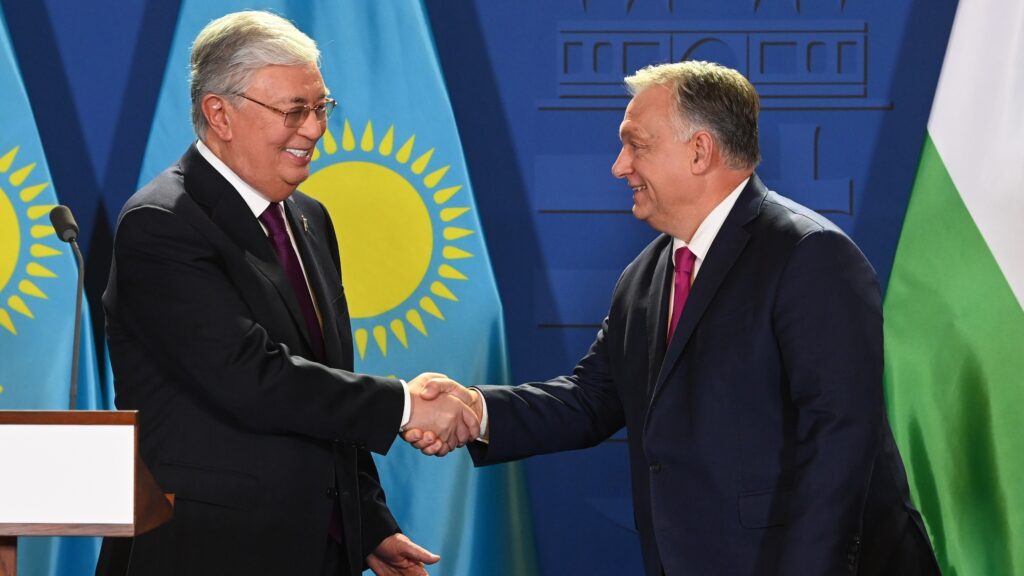
On 20 November 2024 Kassym-Jomart Tokayev, President of Kazakhstan, was officially welcomed at the Lion Courtyard of the Royal Buda Castle Castle by Hungarian Prime Minister Viktor Orbán. This event marked the start of Tokayev’s three-day official visit to Hungary. The Kazakh leader was accompanied by government ministers and representatives of Kazakh businesses, highlighting the significance of bilateral relations between the two nations.
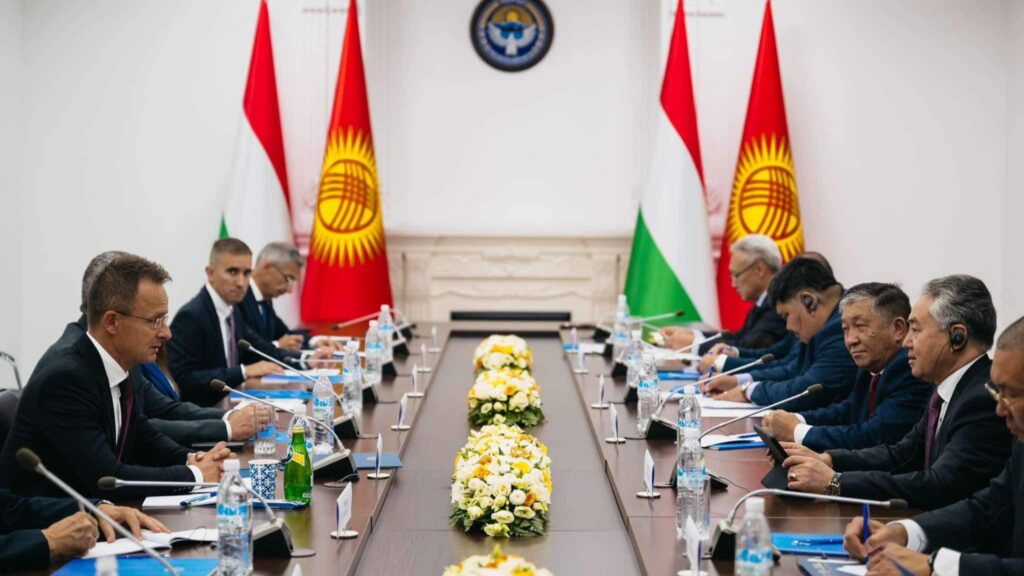
Hungary’s strategic focus on Central Asia positions it as one of the key players in strengthening economic ties between the EU and the region. As outlined in the programme of Hungary’s presidency of the Council of the EU, the country has been planning to further strengthen its economic ties with Central Asia, building on the New EU Central Asia Strategy adopted by the EU in 2019, which aligns closely with Hungary’s own regional interests.
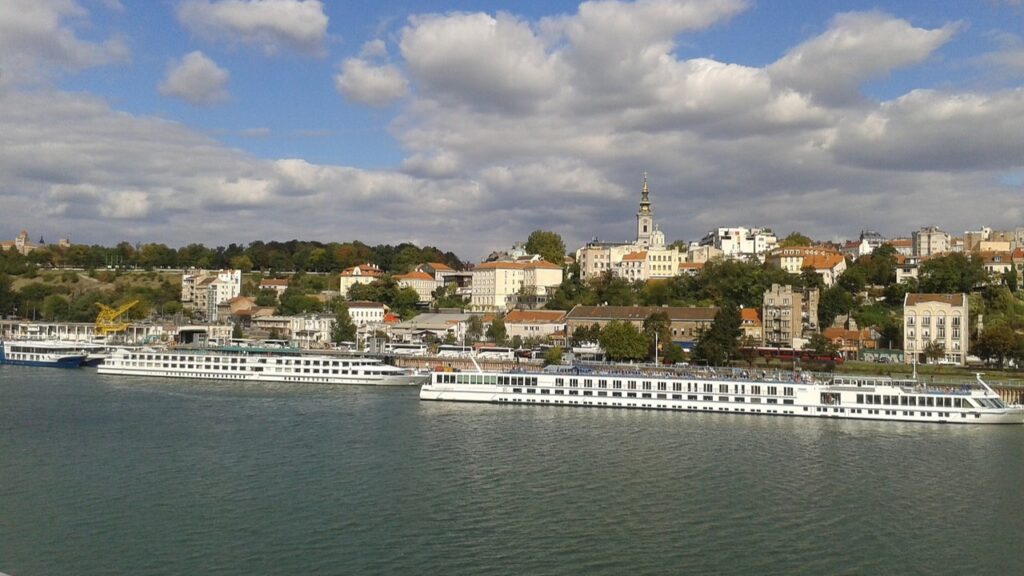
Prior to the start of Hungary’s current presidency of the Council of the EU, Hungarian Minister of Foreign Affairs and Trade Péter Szijjártó stated that the country plans to initiate the opening of a new chapter in accession negotiations with Serbia. This intention was also extended to the entire region, as the Hungarian foreign minister highlighted the country’s aim to hold intergovernmental talks with all five Western Balkan countries.
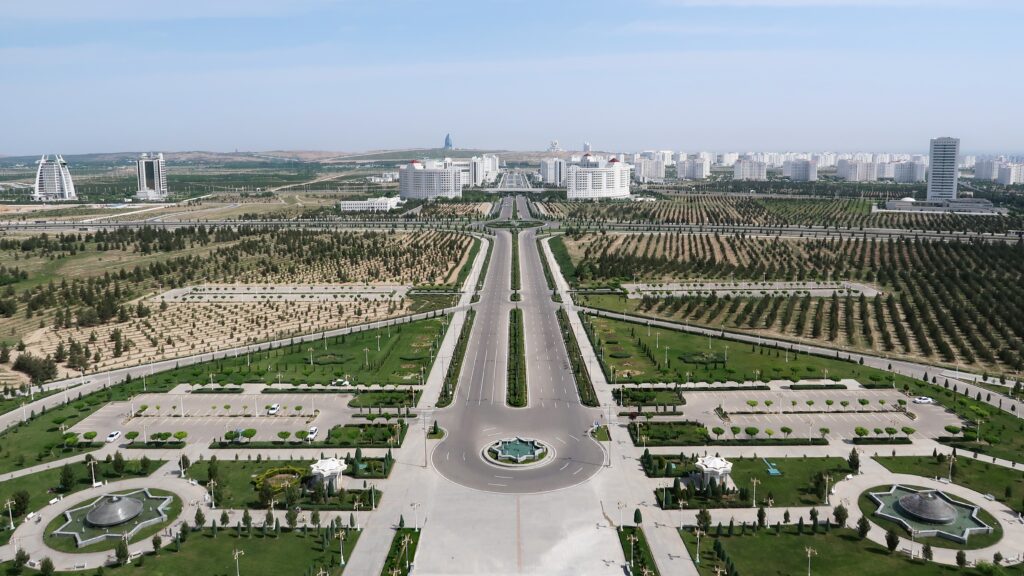
As Hungary holds the presidency of the Council of the EU, it can leverage its influence to set the EU’s agenda in favour of increased imports of Turkmen gas, presenting it as a strategic and cost-effective alternative to Russian energy dependence. This would not only support Hungary’s energy strategy but also align with the broader EU goals of securing diverse and reliable energy sources while enhancing its presence in the geopolitically significant Central Asian region.
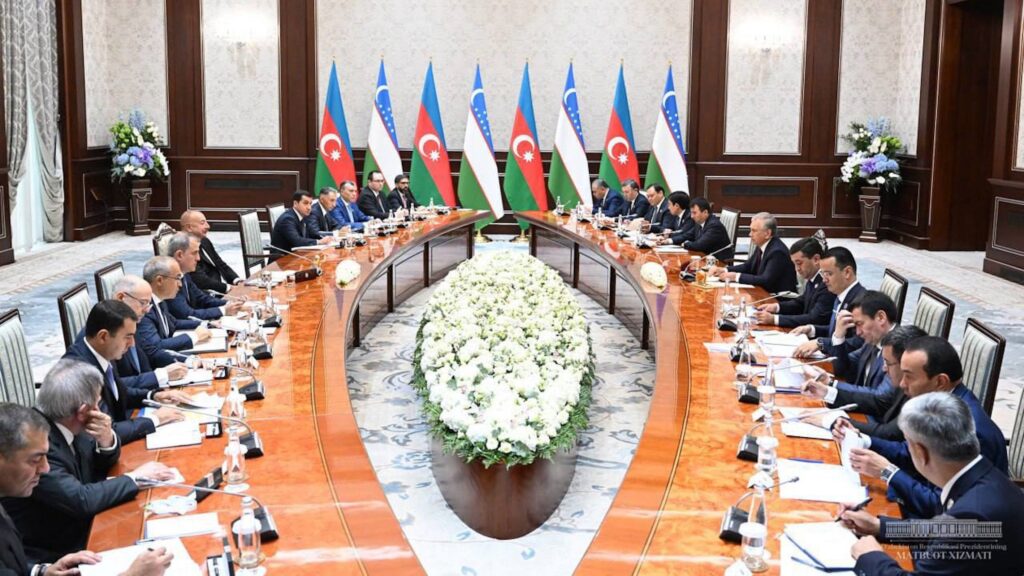
Hungary has been proactive in building strong economic ties and investing in energy production in Kazakhstan, Azerbaijan, and Uzbekistan. Hungarian companies, such as MVM and MOL groups, play a key role in oil production in Kazakhstan and natural gas production in Azerbaijan. Notably, Hungary recently acquired a 5 per cent share in Azerbaijan’s Shah Deniz natural gas field. The successful operations of Hungarian businesses in these countries, combined with the development of economic and transit projects, have elevated Hungary’s role within the EU as a bridge to these energy-rich nations, enhancing the EU’s access to diversified energy resources.
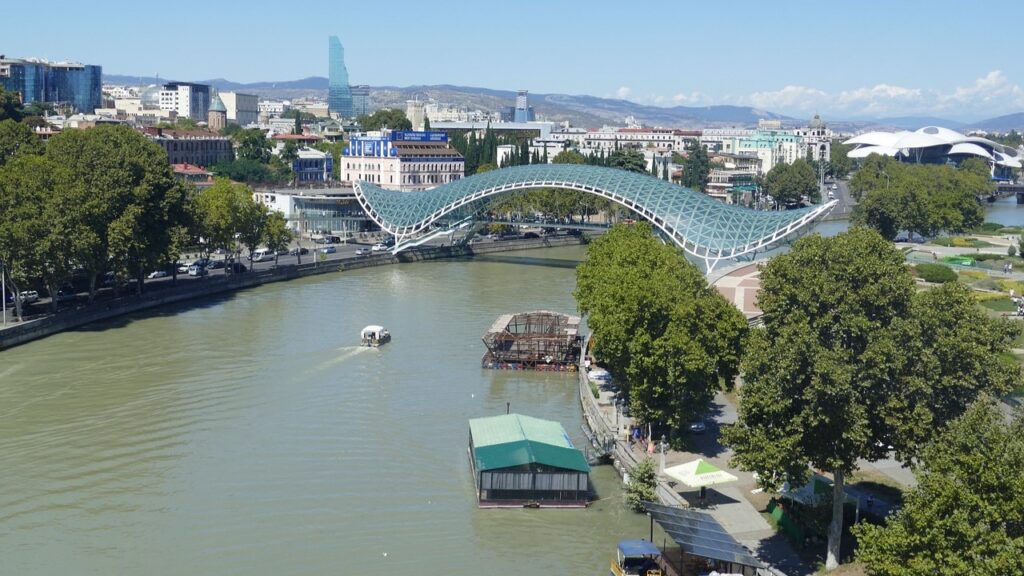
Hungary declared its support for Georgia’s membership efforts comes shortly after the EU’s decision to halt the accession process following the adoption of the foreign agent law by the Tbilisi parliament.
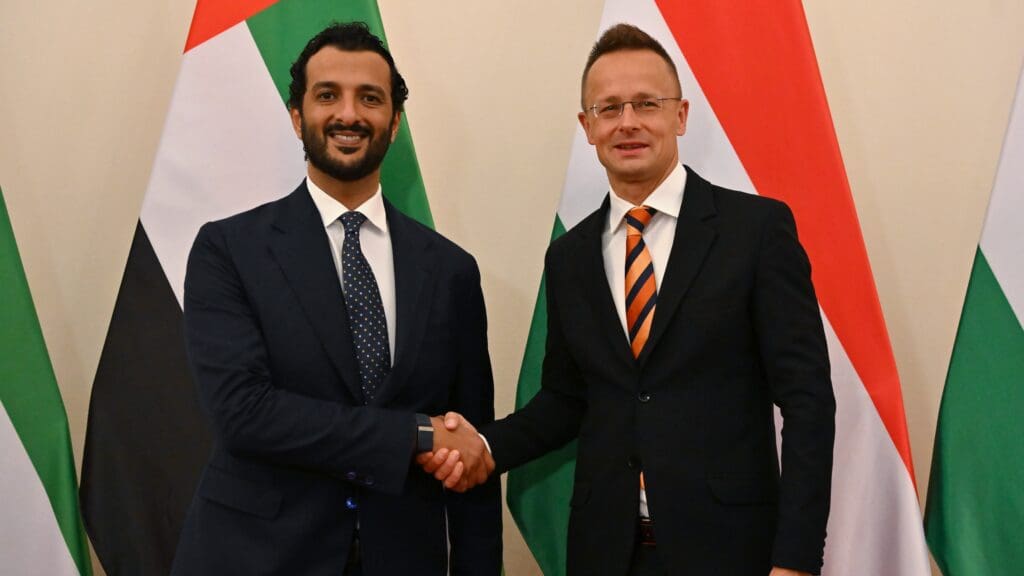
On 21 June a joint press conference was held by UAE Minister of Economy Abdulla bin Touq Al Marri and Hungarian Minister of Foreign Affairs and Trade Péter Szijjártó. During the conference, an agreement to deepen bilateral relations through agricultural cooperation was announced. The ministers also highlighted the significance of the New Millennium Centre construction project in Budapest, which is backed by a substantial investment of 5 billion EUR from the UAE.
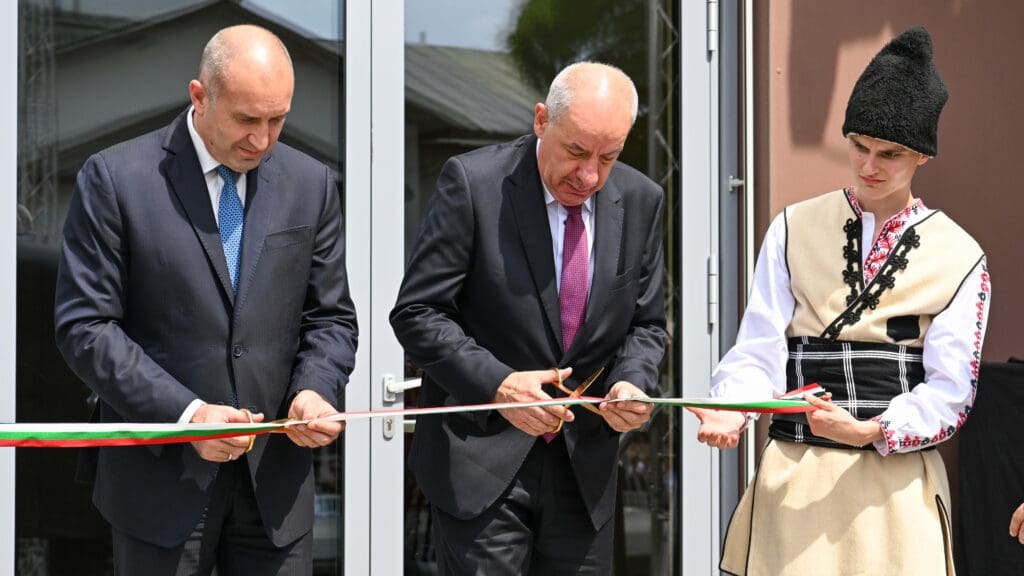
On 27 May 2024 the Bulgarian President paid a visit to the Hungarian capital to meet with the President of Hungary, Tamás Sulyok, and Hungarian Prime Minister Viktor Orbán. These meetings have resulted in the commitment of both sides to develop economic and cultural cooperation, keep the current arrangement in natural gas transit from Bulgaria, and the support for the Hungarian agenda for its upcoming presidency over the Council of the European Union.
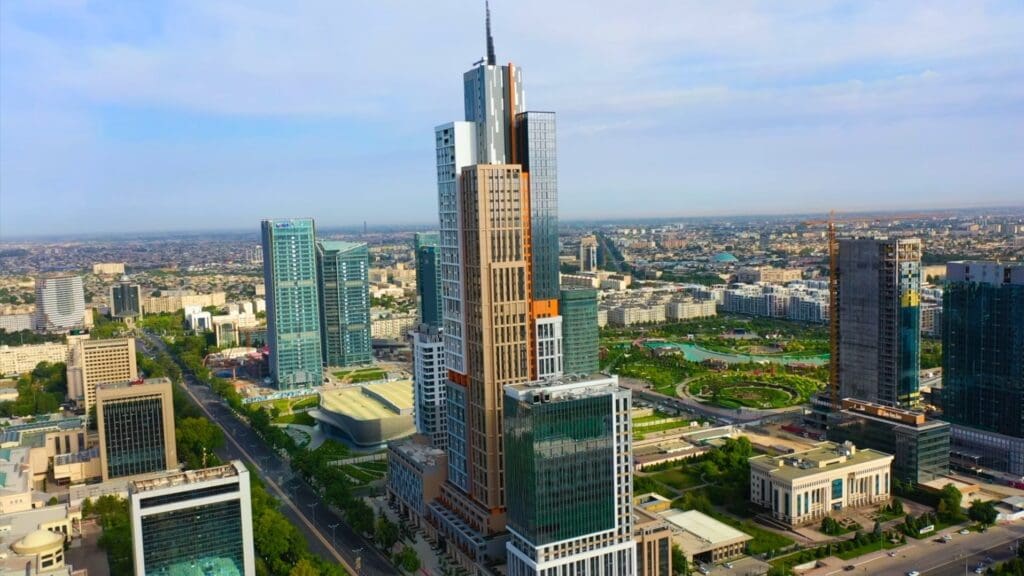
The strengthening of bilateral relations has led to increased participation of Hungarian companies in Uzbekistan. A notable instance of this involvement is the successful acquisition by OTP Bank of a majority share in Ipoteka Bank, the fifth largest bank in Uzbekistan, in December 2021. This year’s Business Forum in Tashkent further deepened the participation of Hungarian companies in the Uzbek market through 137 business-to-business (B2B) and government-to-business (G2B) meetings. These meetings spanned several sectors, including banking, finance, agriculture, transport and logistics, mechanical engineering, pharmaceuticals, and water management, among others.
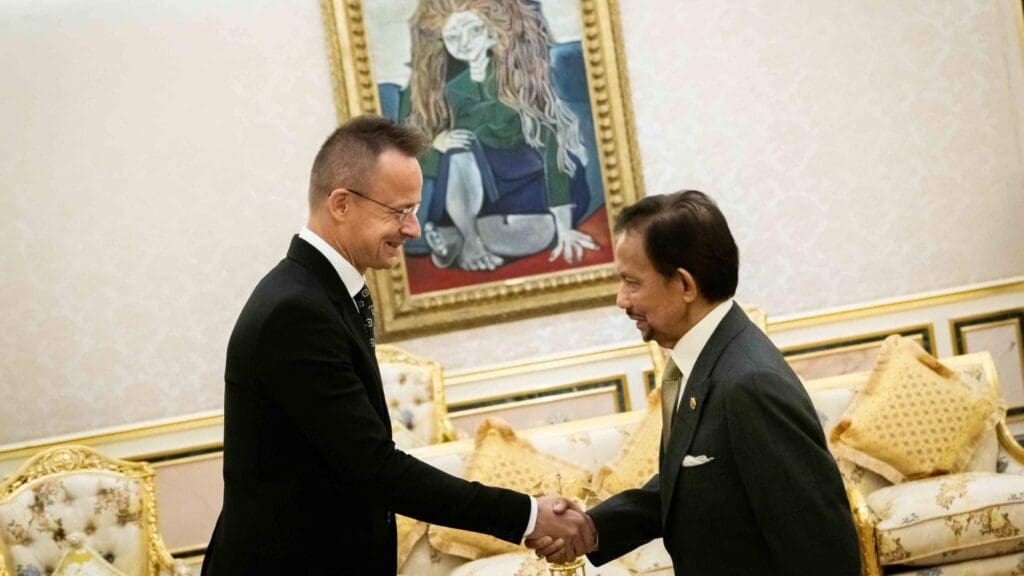
The recent visit of Hungarian Foreign Minister Péter Szijjártó to Brunei underscores Hungary’s strategic intent to strengthen its relationships with burgeoning economic regions, notably the Association of Southeast Asian Nations (ASEAN). It also signals one of Hungary’s foreign affairs objectives during its forthcoming presidency of the Council of the EU.
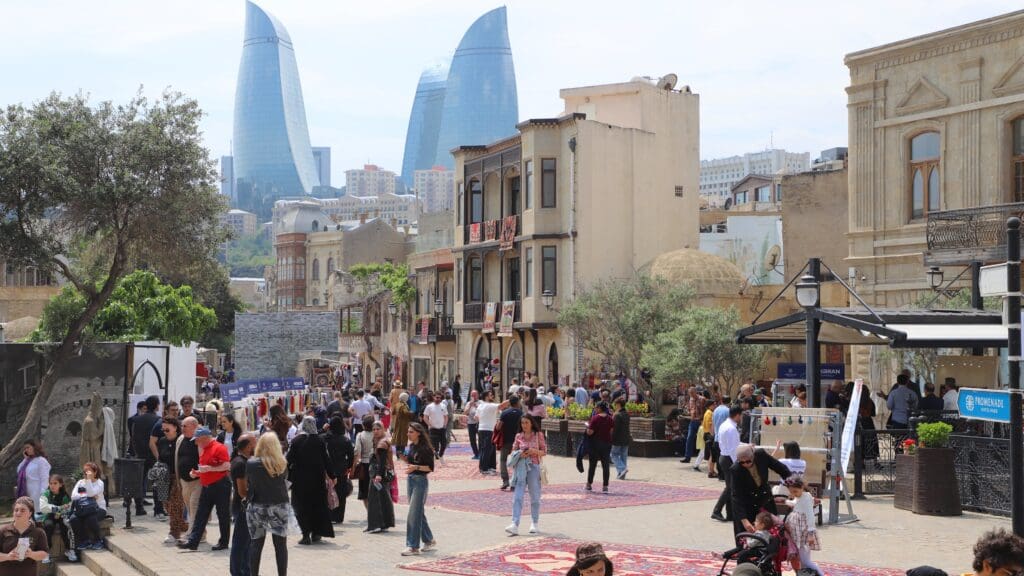
Azerbaijan has the potential to become one of the major natural gas suppliers to Hungary if the current determination to increase import volumes continues. However, the bilateral relations between the two countries extend beyond natural gas exports and are characterized by an enhanced strategic partnership. Given the commitment to construct an undersea high-voltage power line through the Black Sea, Azerbaijan could also become a key exporter of renewable energy to Hungary. On 1 May 2024 Azerbaijan, Kazakhstan, and Uzbekistan, ahead of the Tashkent International Investment Forum, reached an agreement to construct a similar high-voltage undersea power line through the Caspian Sea.
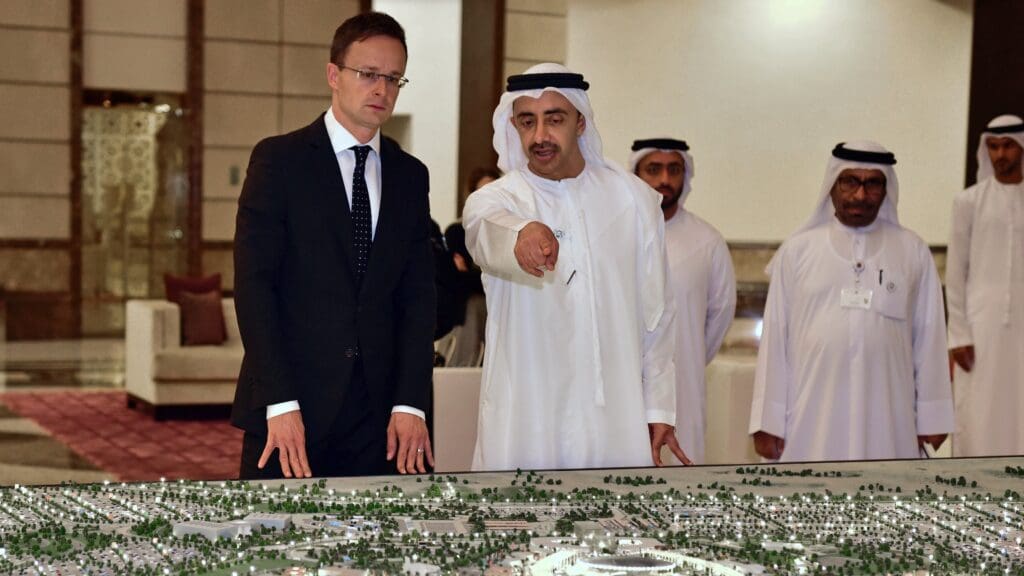
The recent signing of a military and defence industry cooperation agreement between Hungary and the United Arab Emirates introduces a new dimension to their bilateral relations. Hungary’s status as a NATO member, combined with the UAE’s robust partnership with the alliance, suggests that this agreement may lead to a more pronounced role for Hungary in security collaborations between NATO and the Gulf region.

Hungary can play a key role in potentially warming EU–Türkiye relations. This can be achieved through agenda-setting during Hungary’s presidency of the Council. One such topic could be the modification of the illegal migration prevention deal to tighten regulations and increase financial support to Türkiye.
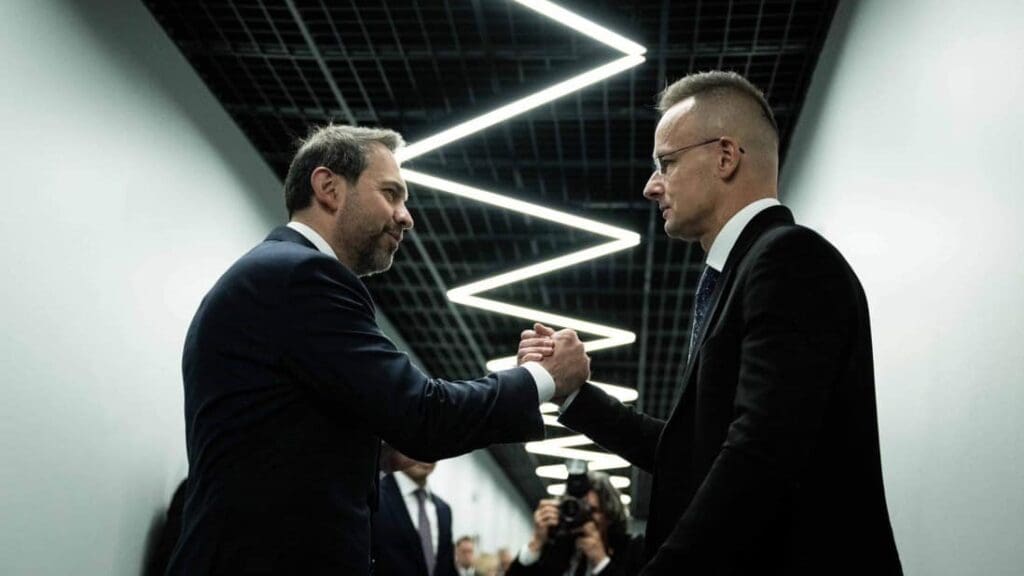
The Eastern Opening policy has greatly enhanced Hungary’s ability to diversify its natural gas import sources and the commencement of Turkish natural gas deliveries on April 1st, 2024, will amplify this policy’s effectiveness. For further diversification, there’s an emphasized need for a firmer commitment to boost imports from Azerbaijan and Turkmenistan.

Hungarian Conservative is a quarterly magazine on contemporary political, philosophical and cultural issues from a conservative perspective.